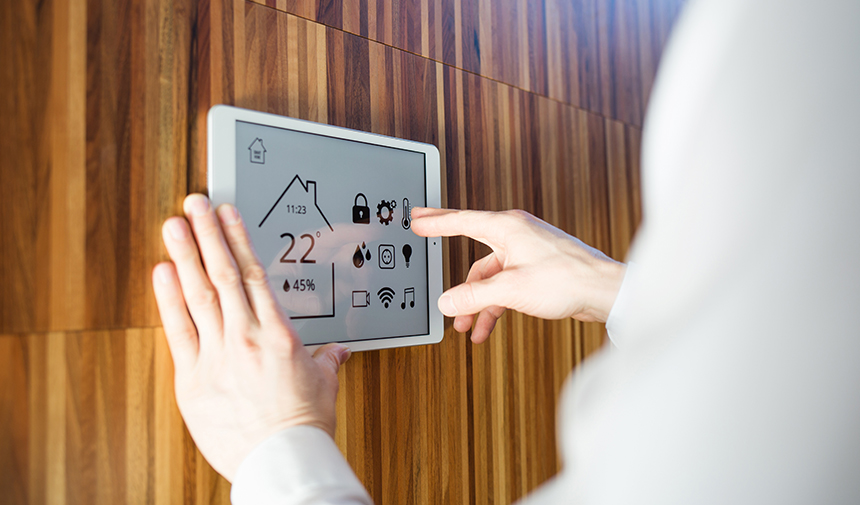The housing industry is undergoing a significant transformation with the rapid advancement of technology. Futuristic housing stands out with smart home technologies, sustainable materials and innovative design approaches. They offer groundbreaking innovations in energy efficiency and environmental sustainability while improving quality of life. This article will discuss smart home technologies used in futuristic housing, sustainability approaches and other innovations in the housing industry. It will also discuss how futuristic housing will take shape in the future and how it will change the way people live.
Smart Home Technologies: Digital Transformation of Housing
Smart home technologies are one of the most distinctive features of futuristic housing. These technologies enable housing to become smarter and more connected, increasing comfort and safety. Smart home systems facilitate the control of in-home processes such as lighting, heating and security, making the daily lives of users easier.
Smart home technologies work with internet connectivity and artificial intelligence. These technologies can be controlled through voice commands or smart devices. Smart thermostats optimize energy consumption, while smart security systems enhance home security. Smart lighting systems can be programmed and remotely controlled to save energy.
Smart home technologies increase the comfort of homeowners while also promoting energy efficiency and sustainability. By monitoring and optimizing energy use, these technologies help reduce environmental impact.
Sustainability and Green Housing Design
Futuristic housing focuses on reducing environmental impact by adopting the principles of sustainability and green design. Sustainable housing design includes energy efficiency, water conservation and the use of environmentally friendly materials. This type of housing supports environmental sustainability by reducing the carbon footprint and conserving natural resources.
Materials used in sustainable housing design are sourced from recyclable and renewable resources. Design features such as green roofs and vertical gardens provide natural insulation and encourage biodiversity. Renewable energy sources such as solar panels and wind turbines meet the energy needs of sustainable housing.
Sustainability also includes issues such as water conservation and waste management. Sustainable housing optimizes water use through technologies such as rainwater harvesting systems and grey water recycling systems. Waste management and composting reduce the environmental impact of sustainable housing.
The Future of Futuristic Housing: New Lifestyles and Technological Advances
The future of futuristic housing will be shaped by advances in technology and sustainability. The housing industry will become more connected and automated with the further development of smart home technologies. Artificial intelligence and the Internet of Things (IoT) will enable smarter and more personalized experiences in housing.
Futuristic housing will also promote environmental sustainability and social cohesion. Green building standards and energy efficiency regulations will contribute to the proliferation of sustainable housing. Furthermore, community-oriented design approaches will help housing strengthen social bonds and increase social solidarity.



